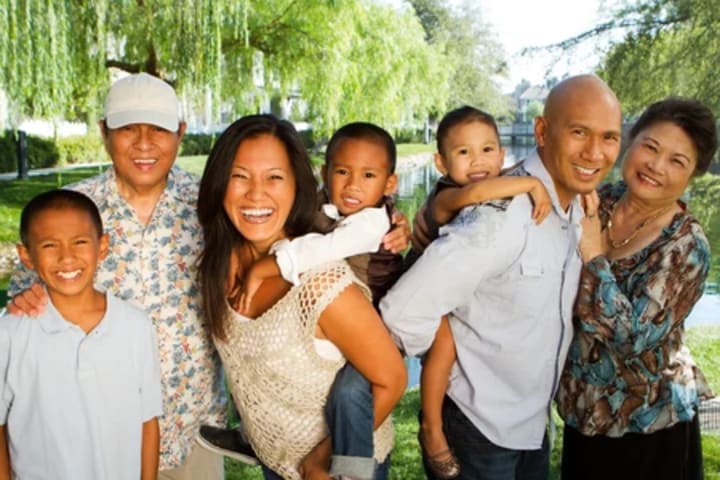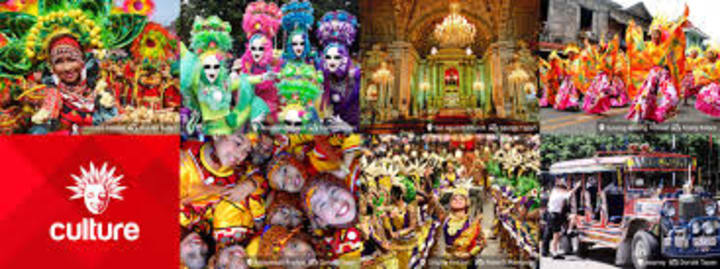The Debate Surrounding the Use of "Philippinos" vs "Filipinos"
Understanding the linguistic accuracy, connection to colonial past, personal preference and official term for the people of Philippines.

Tracing the Roots of the Philippines' Name: Linguistic Accuracy and the Legacy of King Philip II

The Philippines is named after King Philip II of Spain, who ruled during the country's colonization by Spain in the 16th century. Therefore, the correct demonym, or name for the people of the Philippines, is "Philippinos." However, the more commonly used and accepted term is "Filipinos." In this section, we will explore the linguistic accuracy behind the use of "Philippinos" and the historical significance of King Philip II's role in the Philippines' naming.
The Philippines is a country steeped in history, and its name is a reflection of that history. The Philippines was named in honor of King Philip II of Spain, who ruled during the country's colonization by Spain in the 16th century. Given this historical context, it is clear that the correct demonym, or name for the people of the Philippines, is "Philippinos." However, despite this linguistic accuracy, the more commonly used and accepted term is "Filipinos."
Remembering and Acknowledging the Philippines' Colonial Past: The Significance of "Philippinos" for Some

For some, using the term "Philippinos" is a way to acknowledge and remember the country's Spanish heritage and the role it played in shaping Filipino culture. The Philippines was a colony of Spain for over 300 years and this section will delve into the reasons why some individuals prefer to use "Philippinos" to assert a connection to this period of the country's history.
The Philippines' history is a complex and nuanced one, shaped by a variety of influences. One of the most significant of these influences is the country's colonial past, specifically the 300 years that the Philippines was a colony of Spain. During this time, the Spanish language and culture had a profound influence on the country. For some individuals, using the term "Philippinos" is a way to acknowledge and remember this heritage and the role it played in shaping Filipino culture.
Personal Preference and the Aesthetics of Language: Why Some Prefer "Philippinos"

Some individuals may prefer the term "Philippinos" because they find it more aesthetically pleasing or because it is the term they were exposed to growing up. This section will explore the personal preferences of those who prefer to use "Philippinos" and how it relates to the aesthetics of language and familiarity.
Language is not just a tool for communication; it is also an art form, with its own aesthetics and rhythms. For some individuals, the term "Philippinos" may be preferred because it has a certain aesthetic appeal or because it is the term they were exposed to growing up. This section will explore the personal preferences that drive some individuals to use "Philippinos" and how it relates to the aesthetics of language and familiarity.
The Official and Widely Accepted Term: "Filipinos"

It should be noted, however, that while "Philippinos" is a technically accurate term, it is not widely accepted or used in the Philippines or by Filipinos themselves. The official and more commonly used term is "Filipinos." This section will discuss why "Filipinos" became the official and widely accepted term and its origins during the American colonization.
Despite its linguistic accuracy, "Philippinos" is not widely accepted or used in the Philippines or by Filipinos themselves. The official and more commonly used term is "Filipinos." This section will discuss why "Filipinos" became the official and widely accepted term and its origins during the American colonization.
During the American colonization, the term "Filipinos" became popular and was used to refer to the people of Philippines. It was also officially adopted as the term to refer to the Filipino people. This could be due to the fact that the Americans wanted to differentiate the people from the Spanish colonizers and establish their own identity.
Celebrating the Diversity and Complexity of the Filipino People: Regardless of the terminology used

In the end, regardless of the terminology used, it is essential to remember that the people of the Philippines are a diverse and proud group of individuals, with a rich and varied history that has helped shape who they are today. In this section, we will reflect on the importance of embracing the diversity of the Filipino people and recognizing the complexity of their history, culture and identity regardless of the terminology used to refer to them.
The Philippines is a country with a rich and diverse history and culture, and its people are just as varied and complex. The debate over the use of "Philippinos" versus "Filipinos" is just one example of the diversity and complexity of the Filipino people. Regardless of the terminology used, it is essential to remember that the people of the Philippines are a diverse and proud group of individuals, with a rich and varied history that has helped shape who they are today. In this section, we will reflect on the importance of embracing the diversity of the Filipino people and recognizing the complexity of their history, culture and identity regardless of the terminology used to refer to them. It is important to have an open mind, and to understand and respect the different perspectives and preferences of the people of the Philippines.
In conclusion, the use of "Philippinos" and "Filipinos" as a term to refer to the people of the Philippines is a complex issue that is rooted in history, linguistic accuracy, personal preference, and official usage. While "Philippinos" is a technically accurate term, it is not widely accepted or used in the Philippines or by Filipinos themselves. The official and more commonly used term is "Filipinos". Regardless of the terminology used, it is important to remember that the people of the Philippines are a diverse and proud group of individuals, with a rich and varied history that has helped shape who they are today. Celebrating the diversity and complexity of the Filipino people is important and recognizing the complexity of their history, culture and identity regardless of the terminology used to refer to them.
About the Creator
Earnvest
I bring fresh, unique perspective to my writing & always strive to inform, engage & broaden understanding. Follow me for new insights & perspectives.
Enjoyed the story? Support the Creator.
Subscribe for free to receive all their stories in your feed. You could also pledge your support or give them a one-off tip, letting them know you appreciate their work.






Comments
There are no comments for this story
Be the first to respond and start the conversation.